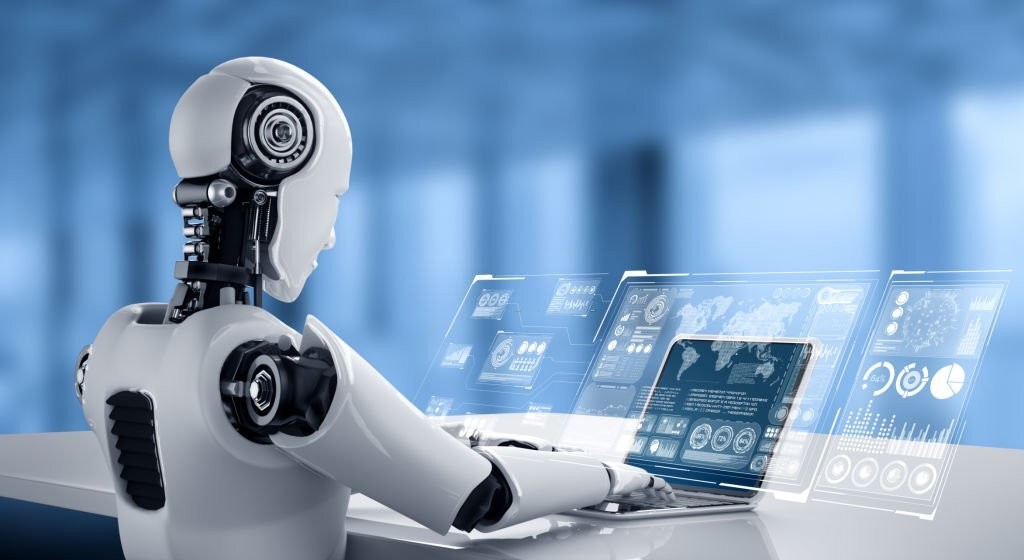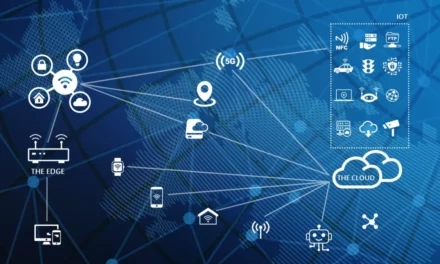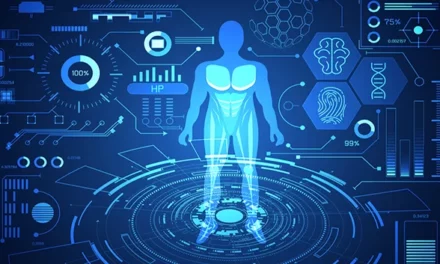In the relentless march of progress, the latest technological advancements are serving as catalysts for unprecedented transformations across various industries. From artificial intelligence and robotics to biotechnology and advanced materials, the cutting-edge innovations of the digital age are rewriting the rules and reshaping the landscapes of countless sectors. Let’s explore the profound impact these advancements are having on industries, ushering in an era of unprecedented possibilities and disruptions.
1. Artificial Intelligence and Machine Learning: At the forefront of the technological revolution, artificial intelligence (AI) and machine learning (ML) are revolutionizing industries by augmenting decision-making processes and automating tasks. In healthcare, AI is aiding in diagnostics and personalized treatment plans. In finance, ML algorithms are enhancing risk management and fraud detection. The adaptability of AI spans from manufacturing to customer service, transforming the way businesses operate.
2. Robotics and Automation: The integration of robotics and automation is reshaping industries by optimizing efficiency and precision. In manufacturing, robots are streamlining production lines, increasing output, and ensuring consistent quality. In logistics, autonomous robots are enhancing warehouse operations. Industries ranging from agriculture to healthcare are witnessing the impact of robotics in tasks that range from crop harvesting to surgery.
3. Internet of Things (IoT): The Internet of Things (IoT) is connecting devices and systems, creating a web of data-driven insights. In smart cities, IoT is enhancing urban planning and resource management. In agriculture, IoT devices monitor crop conditions in real-time. The industrial sector benefits from predictive maintenance through IoT-enabled sensors, minimizing downtime and maximizing operational efficiency.
4. Biotechnology and Genomics: Advances in biotechnology and genomics are revolutionizing healthcare, agriculture, and beyond. Precision medicine, enabled by genomic data, is transforming healthcare by tailoring treatments to individual genetic profiles. Agricultural biotechnology is enhancing crop resilience and yield. These breakthroughs are contributing to a paradigm shift in our understanding and manipulation of living organisms.
5. Advanced Materials and Nanotechnology: The development of advanced materials, often at the nanoscale, is impacting industries with novel properties and applications. In manufacturing, nanomaterials are leading to stronger, lighter, and more durable products. In electronics, advancements in materials contribute to faster and more energy-efficient devices. The aerospace industry benefits from lightweight and high-strength materials, revolutionizing aircraft design.
6. 5G Technology: The rollout of 5G technology is transforming communication and connectivity, unlocking new possibilities for industries. In telecommunications, 5G enables faster data transfer and lower latency, enhancing the performance of mobile networks. In manufacturing, the Industrial Internet of Things (IIoT) powered by 5G facilitates real-time monitoring and control. The automotive industry explores 5G for connected and autonomous vehicles.
7. Renewable Energy and Sustainability Tech: The focus on sustainability has given rise to technological advancements in renewable energy. Solar and wind technologies are becoming more efficient and cost-effective. Energy storage solutions are evolving, addressing the intermittency of renewable sources. Sustainable technologies extend beyond energy, with innovations in eco-friendly packaging, waste management, and circular economy practices.
8. Augmented and Virtual Reality: Augmented reality (AR) and virtual reality (VR) are transcending entertainment and making significant impacts in industries like healthcare, education, and manufacturing. In healthcare, AR assists in surgery and medical training. VR facilitates immersive training experiences in various sectors, from aerospace to automotive. These technologies enhance visualization, training, and collaborative workflows.
9. Cybersecurity and Blockchain: As industries become more digitally connected, the importance of cybersecurity grows. Innovations in blockchain technology are revolutionizing data security and transparency. Blockchain ensures secure and transparent transactions in finance, supply chain, and healthcare. The decentralized and tamper-resistant nature of blockchain is redefining how industries approach data integrity and trust.
10. The Challenges and Future Trajectories: While technological advancements offer immense potential, they also present challenges. Concerns about data privacy, ethical considerations in AI, and the potential impact on employment are topics that demand careful attention. As industries navigate these challenges, the future trajectory points toward continued convergence of technologies, interdisciplinary collaborations, and a heightened focus on ethical and responsible innovation.
Conclusion: The latest technological advancements are not just incremental improvements; they represent a seismic shift in the way industries operate, innovate, and deliver value. From enhancing efficiency and sustainability to redefining business models, these technologies are leaving an indelible mark on the fabric of our global economy. As industries embrace the transformative power of the latest advancements, the journey into this new era promises unprecedented possibilities, challenges, and the continuous evolution of how we live, work, and interact with the world.





